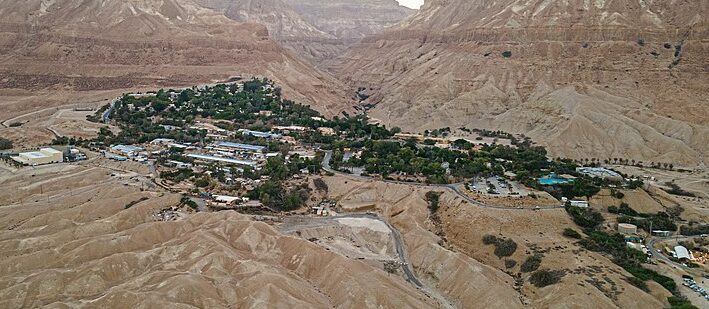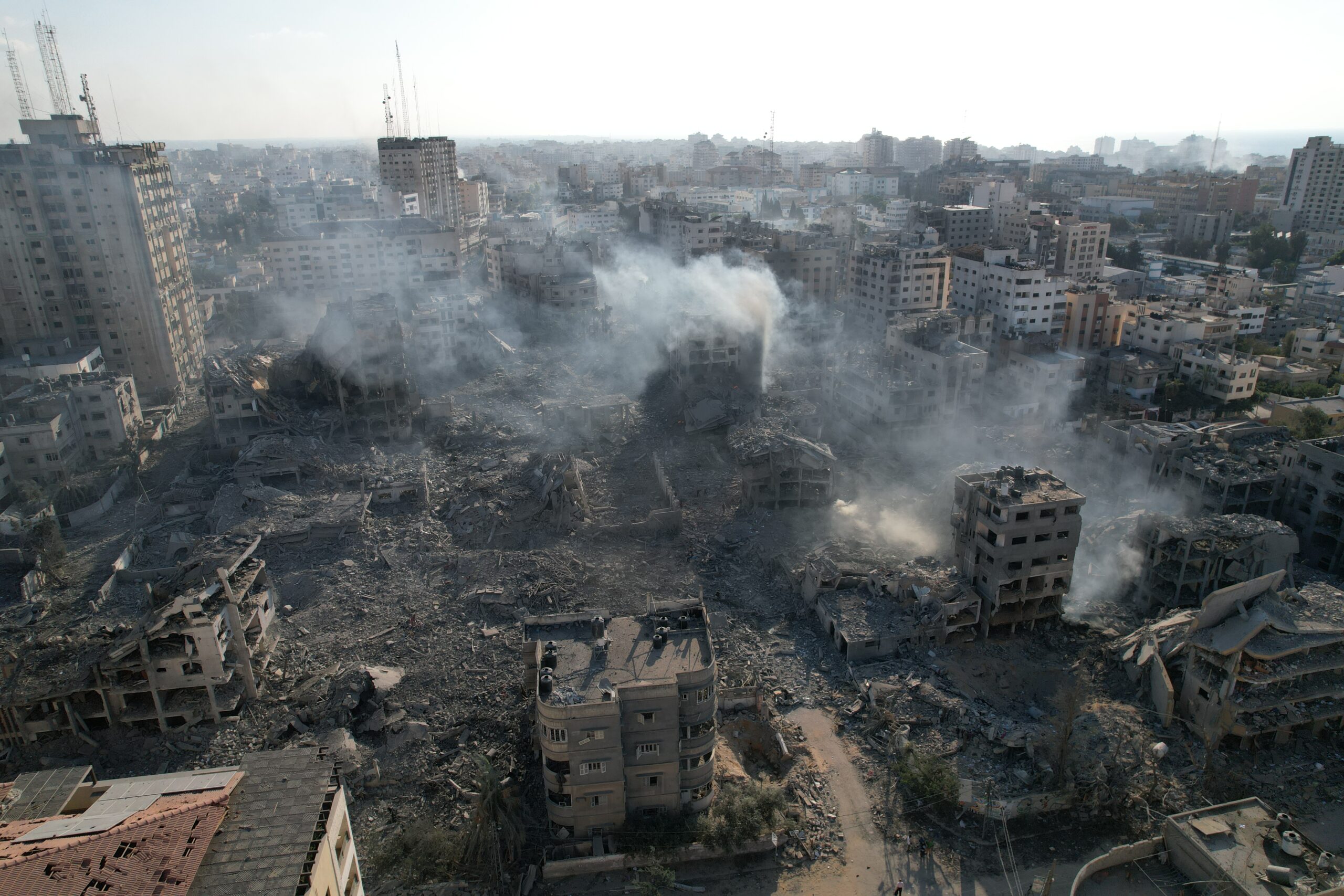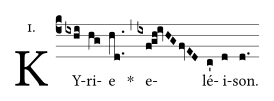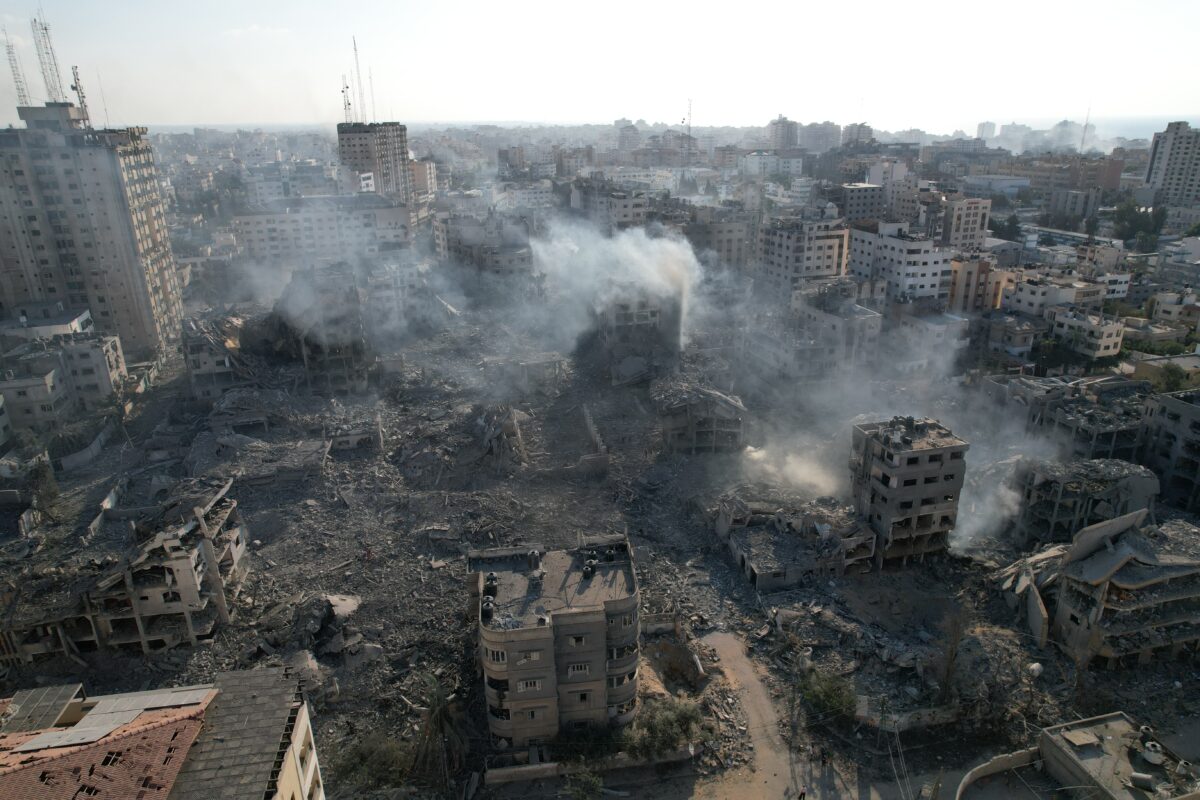Co-missioners,
We send you a reflection from our editor today.
We add a reminder about the Crossings Seminar at the end of January. The topic is preaching, or to put this more sharply, about delivering the goods that God in Christ wants people to use and enjoy. Registration is now open. See the Crossings website. We hope you’ll sign up. Perhaps you know a preacher or two who wants to grow in their skills. Please, tell them about his. Underscore that we have scholarships available for anyone who could use some help with the costs involved. January 28-30 at the Pallottine Retreat Center, St. Louis.
Peace and Joy,
The Crossings Community
__________________________________________________________________
Responding to a Voice from Israel
by Jerome Burce
His first name is not Samuel, but that’s what I will call him. The moment we’re in requires such caution.
Samuel is among the most remarkable people I’ve crossed paths with in my seventy years. What sets him apart from the common herd I belong to is his depth and breadth of spirit and his sheer joy in being alive. He radiates graciousness.
Samuel was raised in the U.S.. He spent the first two decades of his adulthood as a member of an Israeli kibbutz. These days he teaches at a university. He is married to a physician. He exults in their children.
I met Samuel some years ago. I was the odd tag-along in a tour of Israel organized for high-powered leaders of a certain Midwestern city. I rubbed elbows for a week with a college president, the owner of a major-league baseball team, and several key drivers of the city’s recent and stunning downtown revival. These included some of the best known and most successful business leaders in the area. Of the group, about half were Jewish. Many were Christian. Others, I’m sure, would be checking the “None” box these days. No one seemed bothered by the presence in their company of a lowly Lutheran pastor. Least of all Samuel, who guided the tour. This, I gathered, was his side-gig, though to call it that demeans the marvel of what did for us all.

93944 kibbutz ein gedi PikiWiki Israel
From Wikimedia Commons
In a word, he opened eyes. He helped us see the beauty and complexity of the land he loved. He unfolded its history, both recent and ancient. He talked with unflinching honesty about the challenges it faced, both internally and externally, in its efforts to arrive at peace with its neighbors. His respect for those neighbors was manifest. This was especially so when he spoke of Palestinians. He had much to do, I suspect, with a stop we made at the Lutheran church established in Jerusalem’s Old City by Kaiser Wilhelm II. Our host there was a young ELCA pastor who was serving the congregation for a year or so. She unsettled some in the group with a critique of Israeli policy toward the West Bank. Samuel was unfazed. I think he was quietly glad that the group got to hear this.
Our week in Israel overlapped with the annual observance of Yom HaShoah, Israel’s day for remembering the Holocaust. We were in Tel Aviv that morning. Sirens sounded at 10 a.m. All street traffic come to an immediate stop. This included our bus. All drivers and passengers emerged from their vehicles to stand in silence for two minutes. Later that week we visited Yad Vashem, Israel’s Holocaust memorial. We looked at picture after picture after picture of unthinkable evil that evildoers had thought to do, with meticulous attention to the doing of it. No wonder traffic had come to a halt in Tel Aviv those few days earlier No wonder Israelis are intransigent about keeping their nation as a safe haven for Jews. Let Americans recall how, in 1939, one of their most broad-minded presidents—progressive, as we’d say these days—was complicit in forcing the St. Louis back to Europe where a third of its Jewish passengers would be slaughtered by Hitler’s minions.
Back to broad-minded Samuel, who invited this Lutheran pastor with some German roots to speak to his group about Jesus’ Sermon on the Mount. That was on the afternoon when we visited the site where this sermon is thought to have been delivered. It’s on the heights above Capernaum where we saw the supposed ruins of Simon Peter’s house. Among things Jesus said in that sermon: “Judge not, lest you be judged.” Did I point out that afternoon how Jesus is pushing his hearers to do what they cannot do? How judgment is to sinners as breathing is? If not, I should have; and in pointing this out I should have added (if I didn’t) that Jesus leaves us no option but to face judgment ourselves. God’s judgment, to be precise. His judgment too, which is one and the same thing.
Blessed are those who resist this reality we’re caught in. They keep venturing the impossible. At the least, they abhor the habit of cheap and lazy judgment that paints fellow sinners with the broad brushes of “good” and “bad.” Samuel is vividly among the blessed. I take it for granted that God has sprinkled his counterparts among all the peoples and nations of that strife-torn region we presume to call the Holy Land. Such is God’s mercy—a mercy shown, through them, to their immediate neighbors, and to the rest of us as well.
+ + +
Comes an irony of the sort that makes pious people wonder what God is up to.

Damage in Gaza Strip – October 2023
Source – Al Araby (Q25453791)
From Wikimedia Commons
When Hamas fired its missiles on October 7, one of them hit the apartment building in Tel Aviv where Samuel and his family live. I heard about this two days later. I also heard that despite damage to their home the family escaped injury. I sent Samuel a note. I didn’t expect a reply—who has time for email when dealing with such as this? I got one anyway. Here’s most of what he wrote. Hamas’s butchering of Israeli civilians near the Gaza border looms obviously in the background.
Thanks so much for writing to me, for thinking of me, and for praying for me, and us. [These are] awful times—horrific and going to become catastrophic.
Everything is horrible. We people with values will never understand pure evil and pure hatred. There really is nothing more to say. How can people be that evil?
The act has left Israel with no choice but to destroy that evil. But that by definition means bringing suffering and death onto other innocent people. How do you walk the path between “If I am not for myself, then who am I?” and “If I am only for myself, then what am I?” We must defend ourselves, but we must care about the Gazans who are not evil. How do we do that, especially when the evil Hamas cynically use their citizens as human shields? Just today, the UN brought in food and medical supplies, and Hamas stole it from them.
Pray for us all. Maybe we can avoid the coming catastrophe, but I am not hopeful.
+ + +
So why do I share this?
First. I want others to join me in prayers for my friend. I want them to pray as well for all those other blessed ones who woke up this morning as Samuel surely did under a crushing burden of dismay and anxiety. Of nagging guilt, perhaps. They live in Israel. In Gaza. In Palestine. In Lebanon. They are people of good will. They have contended for years with the politics and policies of leaders less generous than they are—more selfish too; more foolish. They are bound to share in the wrath and misery these policies have provoked. They are likewise bound to stand with their own people against enemies they refuse to hate. Such is the Law that binds us all.
Second. I want others to face what Samuel made me face. There is evil in the world. There are people so twisted by evil that they exult in killing babies. The Bible speaks to this truth, most piercingly in the final verse of Psalm 137. Yad Vashem shrieks it with an amplitude that cannot be ignored and dare not be denied. Those charged by God to protect babies are obliged to confront such evil squarely. To squelch it. To root it out if they can. They have “no choice,” as Samuel puts it. It’s their horrible job.
Third. I want others to know of my friend’s anguish over this lack of choice and the consequences it entails. More suffering, more death, more innocent victims. I want us all to imagine wrestling with the dilemma Samuel speaks of in the second-last paragraph of his note. “If I am not for myself, then who am I? If am not for others, then what am I?” How, as he asks, do you thread the path between these imperatives? “We must defend ourselves.” “We must care about the Gazans.” I wish I had some clear and righteous ideas to share with him about this. I don’t. Who does?
Fourth. I want to warn us all away from glib assignments of blame as we watch the horror unfolding from the safety of our bleacher seats on the other side of the ocean. Again, “Judge not, lest you be judged.” Here I think of another leader of the tour I was on. As he said again and again of Israel’s relations with its neighbors and theirs with Israel, “It’s complicated.” Of course, none of us like complications. The good guy /bad guy trope makes it so much easier to flash our virtue by cheering for the virtuous team. The cultural and political networks we’re entangled in insist on such cheering. Here we don’t get to play along. Do we not know better, schooled as we are in the Word of God? “All have sinned and fallen short of the glory of God,” and again, “there is no one who is righteous, no not one.” To which one adds the ultimate complication. There is not a person in the Middle East whom God failed to create in God’s image. There is not a one of them for whom Christ failed to die. I should add that one benefit of this death is the liberty it gives us to forgo the trappings of virtue, to refrain from picking sides, and to sit for a time in fear and trembling with our mouths clamped shut.
Fifth. I want everyone who reads this to heed Samuel’s closing plea: “Pray for us all.” Take it for granted that he uses “all” in its broadest sense. Pray for Israelis. Pray for Gazans. Pray for combatants. Pray for bystanders. Samuel, I think, would want us to pray especially for children in harm’s way.

Gregorian Chant Kyrie
From Wikimedia Commons
My prayers will begin to include the dangerous one I find sprinkled through the Psalms. I’ve dodged it in the past. My friend reminds me of its importance. “Squelch the evildoers,” as in those whose viciousness defies comprehension. I will mutter this with an extra surge of fear and trembling. Then I’ll add our Lord’s recommended petition: “Deliver them from evil. Deliver us all.” And since I’m far too stupid—too blind, small, and distant—to be offering God specific suggestions on how to clean the mess up, I’ll default again and again to that other petition our Lord recommends. “Your will be done on that patch of earth the way it is in heaven. Let it be done where we are too.” And with that I’ll presume to remind God, as if this were needed, of how his will got done on a horrible Friday afternoon atop the filthy little hill at the edge of Jerusalem where Mary’s son was slaughtered. God’s Son too. Brother to us all, bleeding out for his siblings wherever they are, and whoever else they’re attached to. Comes the plea: “Do something with that! Don’t let it go waste!” May God forgive my angry, flailing impertinence.
A final thought. We who trust that God raised Jesus from the dead insist on hoping for the impossible. Let’s do that now, however mad it may seem.
Kyrie eleison.
Thursday Theology: that the benefits of Christ be put to use
A publication of the Crossings Community




You must be logged in to post a comment.